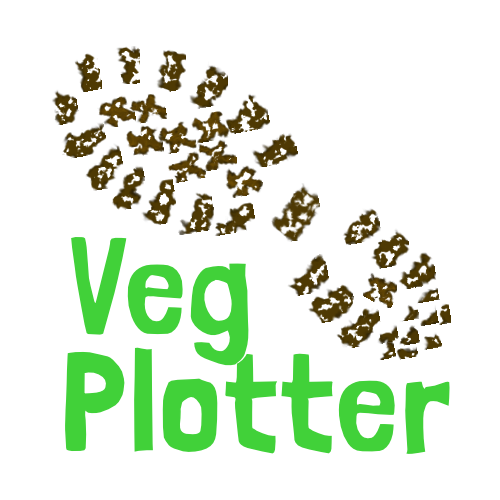The Significance of Soil Preparation for Vegetables and Fruits
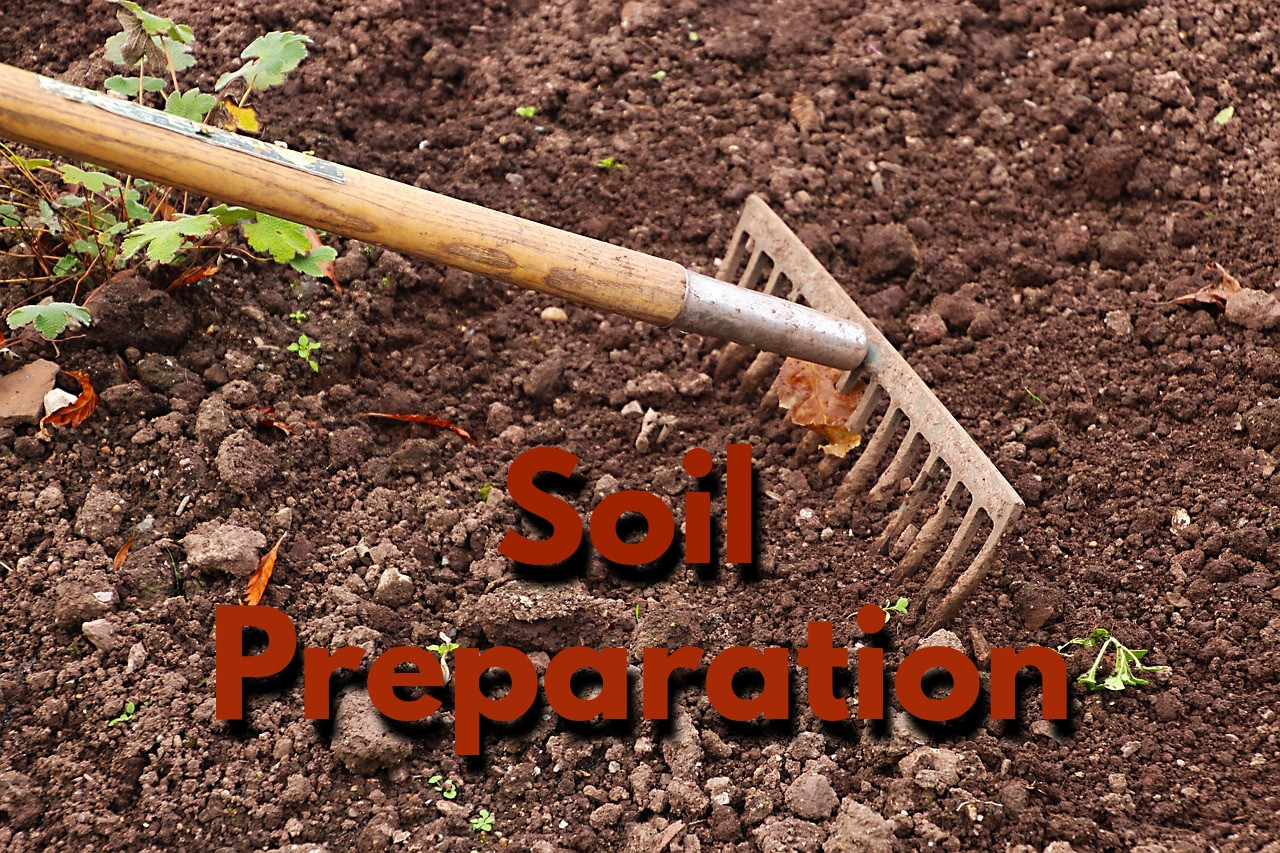
Soil Preparation for Vegetables and Fruits
Understanding Soil Texture: The Basis of Root Health
Soil texture, the relative proportions of sand, silt, and clay particles, plays a pivotal role in determining soil suitability for different vegetable and fruit varieties.
| Soil Type | Characteristics | Suitable for |
|---|---|---|
| Sandy Soil | Large sand particles, drains quickly, provides excellent aeration | Root vegetables, such as carrots and beets |
| Clay Soil | Fine clay particles, retains water effectively, creates a more humid environment | Moisture-loving crops, such as tomatoes and peppers |
| Loamy Soil | Ideal balance between sand and clay, offers excellent drainage, air circulation, and water retention | Wide range of vegetables and fruits |
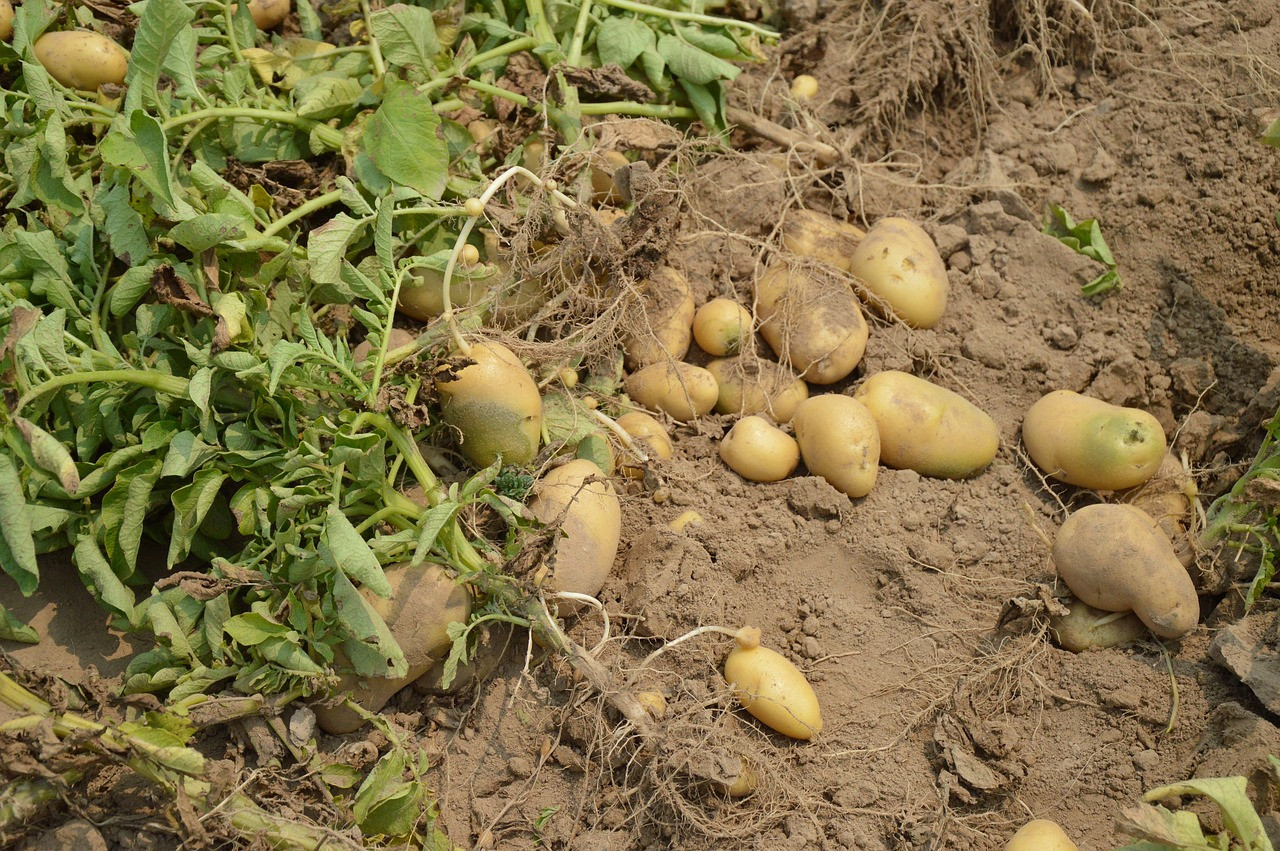
Soil pH: Unlocking Nutrient Uptake
Soil pH, a measure of its acidity or alkalinity, plays a crucial role in determining the availability of essential nutrients for plant growth. Each vegetable and fruit species has a preferred pH range for optimal nutrient uptake and overall health.
| Vegetable or Fruit Type | Preferred Soil pH |
|---|---|
| Root Vegetables | Slightly acidic (6.0-7.0) |
| Brassicas | Slightly alkaline (6.5-7.5) |
| Fruits | Slightly acidic (6.0-7.0) |
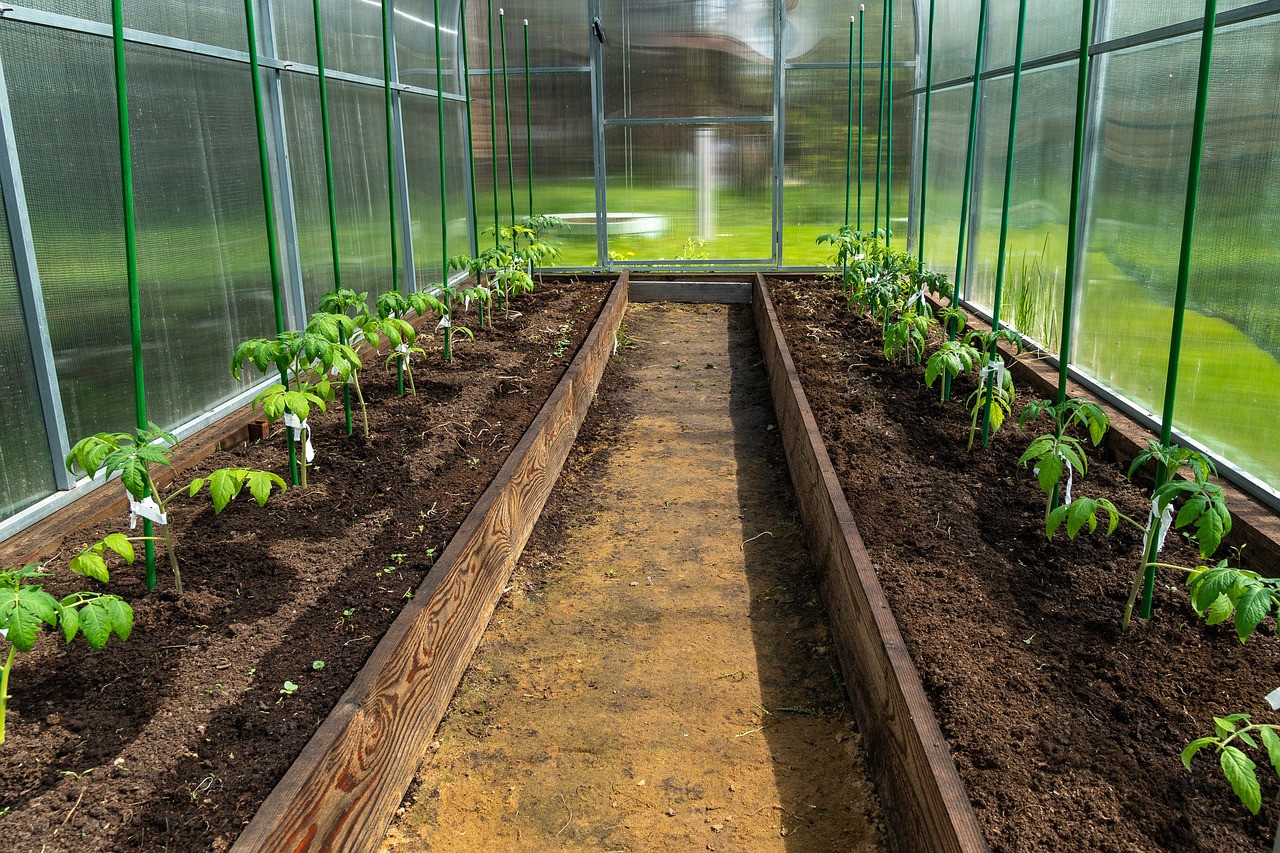
Nourishing Soil with Organic Amendments
Integrating organic matter, such as compost or well-rotted manure, into the soil is a fundamental practice for creating a thriving garden. Organic matter enriches the soil, improving its structure, water-holding capacity, and nutrient-retention abilities.
| Soil Type | Benefits of Organic Amendments |
|---|---|
| Sandy Soil | Binds sand particles, reduces water loss, improves water retention |
| Clay Soil | Breaks down clay particles, improves drainage and aeration, creates a more workable environment for root growth |
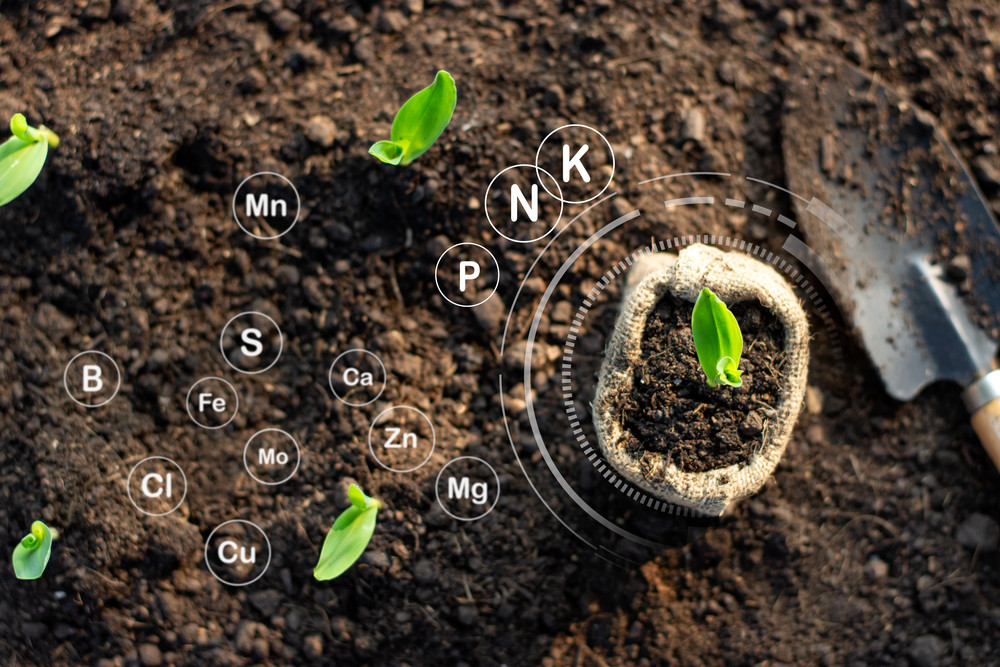
Tailoring Soil Conditions for Specific Varieties: Achieving Optimal Growth
Each vegetable and fruit variety has unique soil requirements that must be considered to achieve optimal growth and productivity.
| Vegetable or Fruit Type | Suitable Soil Conditions |
|---|---|
| Root Vegetables | Loose, well-drained soil |
| Brassicas | Slightly alkaline soil (6.5-7.5) |
| Leafy Greens | Slightly acidic soil (6.0-7.0) |
| Fruiting Crops | Slightly acidic soil (6.0-7.0), proper drainage, and consistent moisture levels |
Regular Soil Testing: The Key to Long-Term Soil Health
Regularly testing the soil pH and nutrient levels is crucial for maintaining the long-term health of the vegetable and fruit garden. Soil testing kits are readily available at garden centers or online retailers. The results of the test can guide your soil amendments and fertilization schedule, ensuring that your vegetables and fruits receive the nutrients they need to thrive.
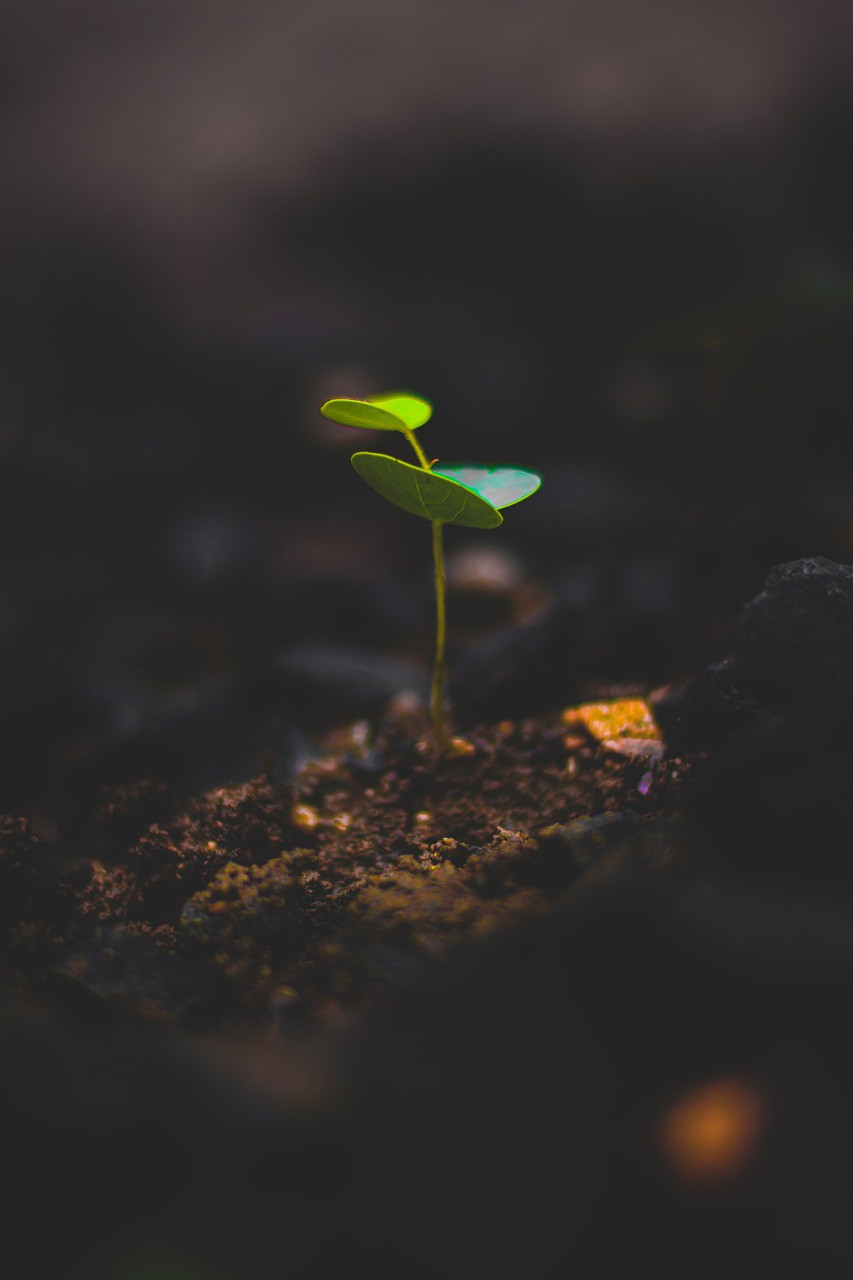
Conclusion
Creating the right soil conditions for different types of vegetables and fruits is the cornerstone of successful gardening. By understanding the specific needs of each variety and tailoring the soil accordingly, you can nurture a thriving garden that produces an abundance of fresh, nutritious produce. Remember, soil is the foundation of a healthy garden, so invest in its well-being to reap the rewards of a flourishing vegetable patch.





